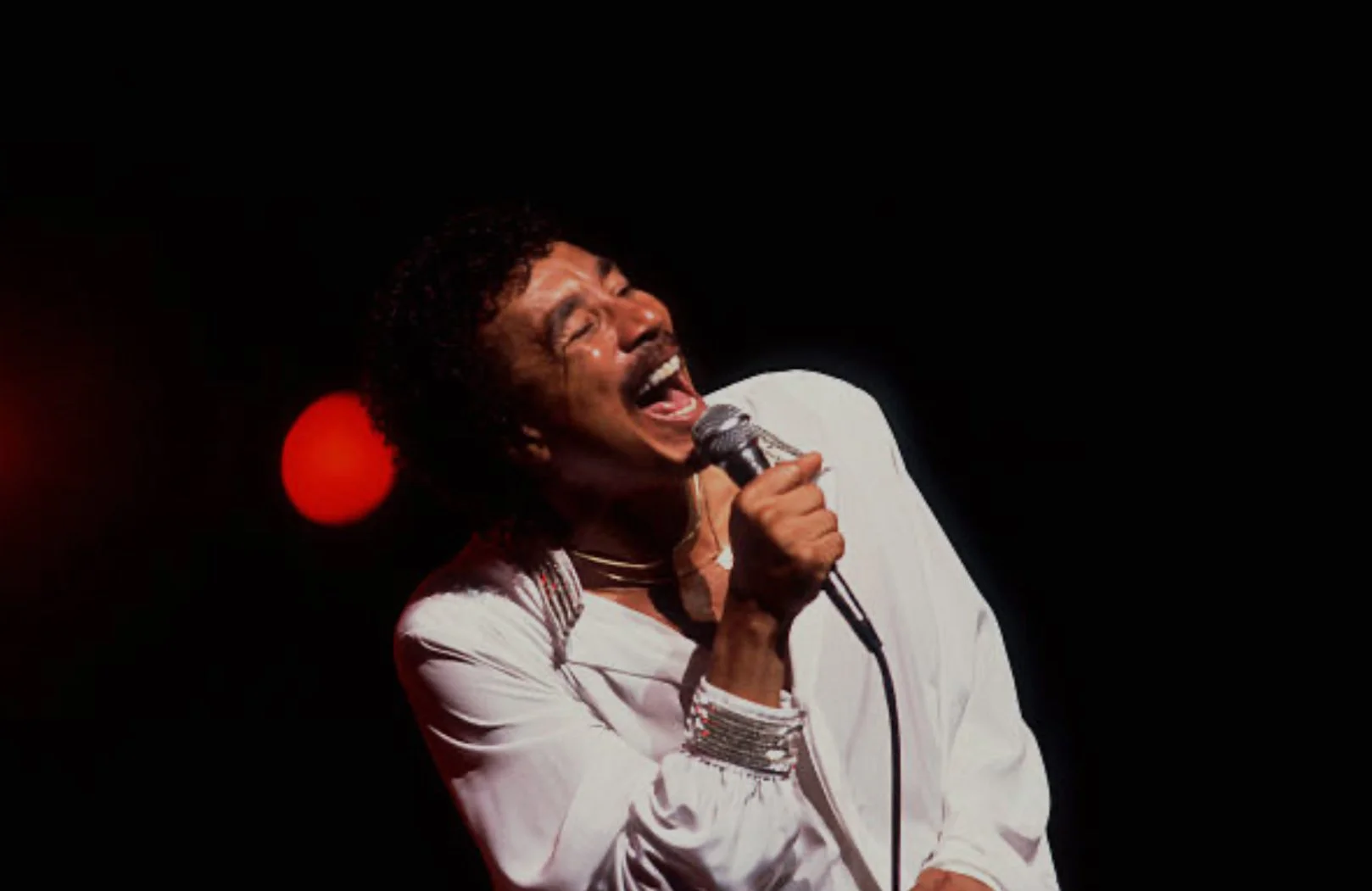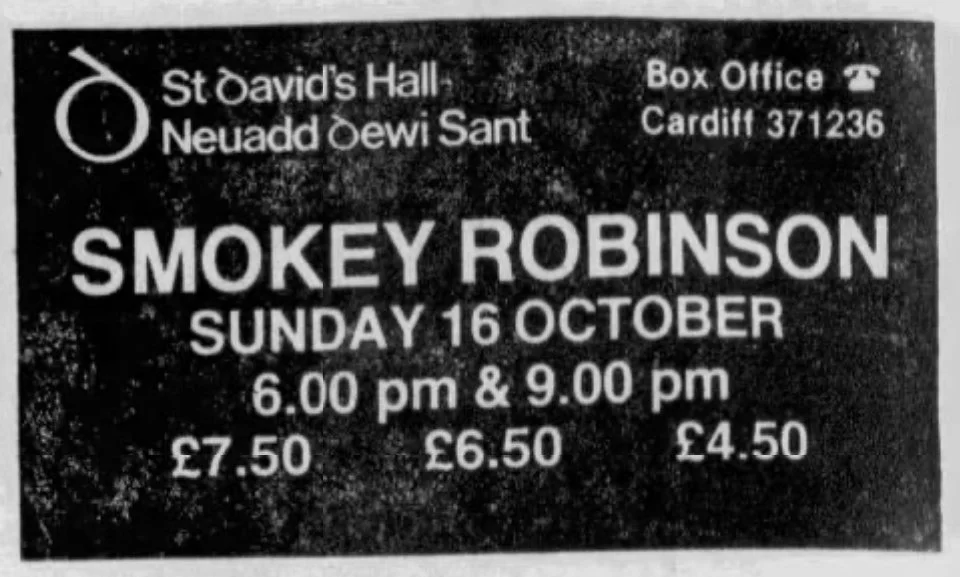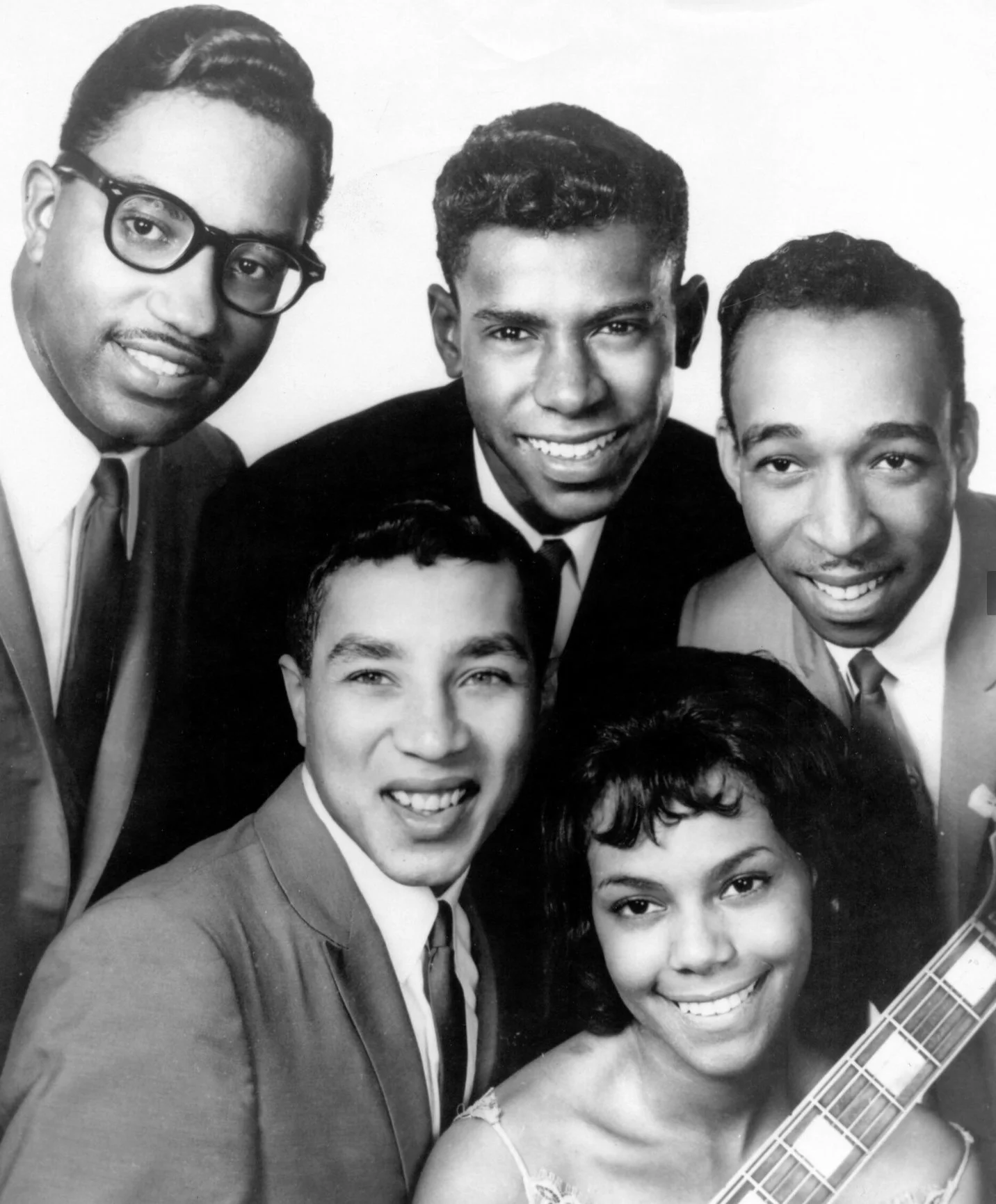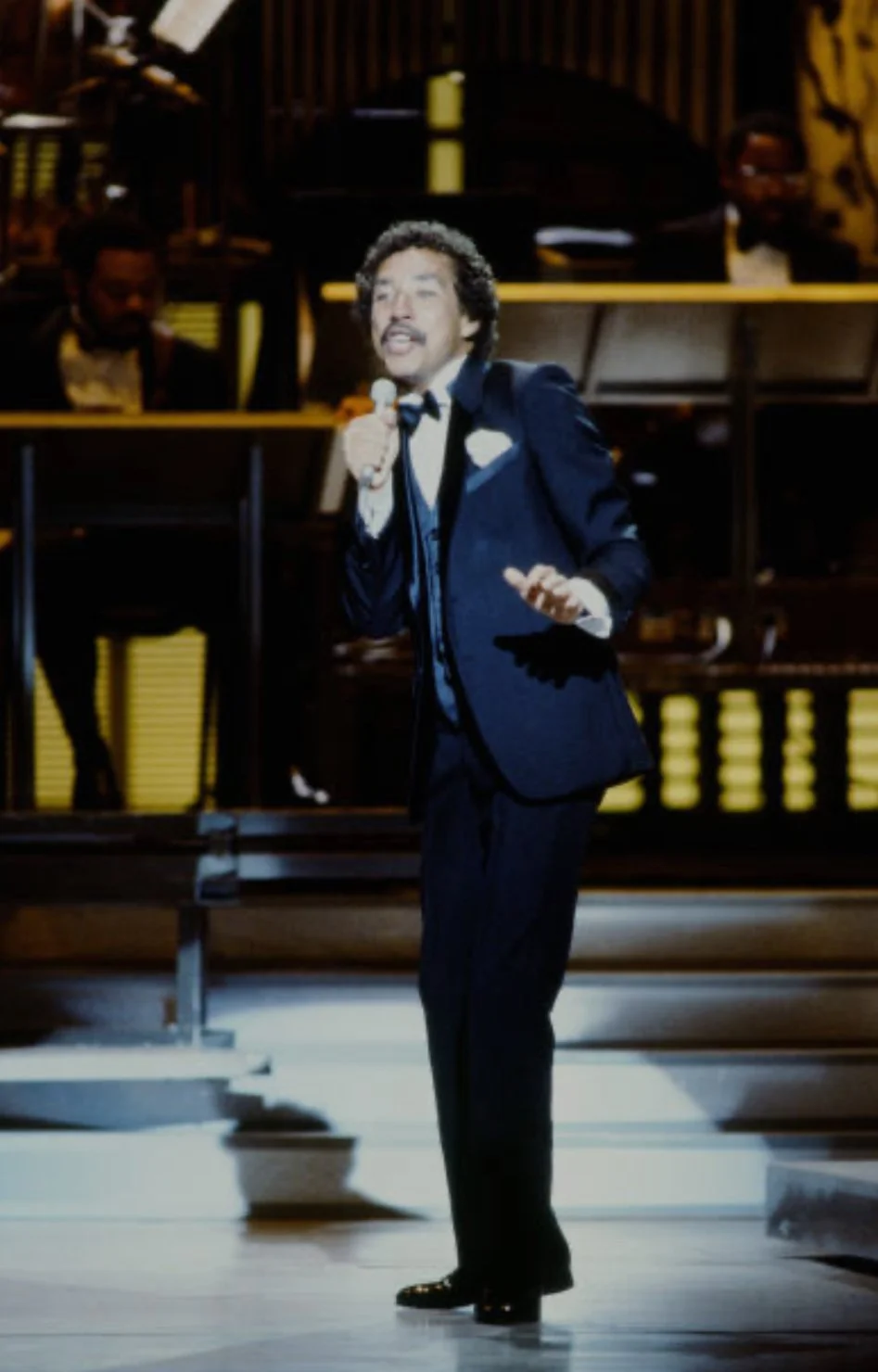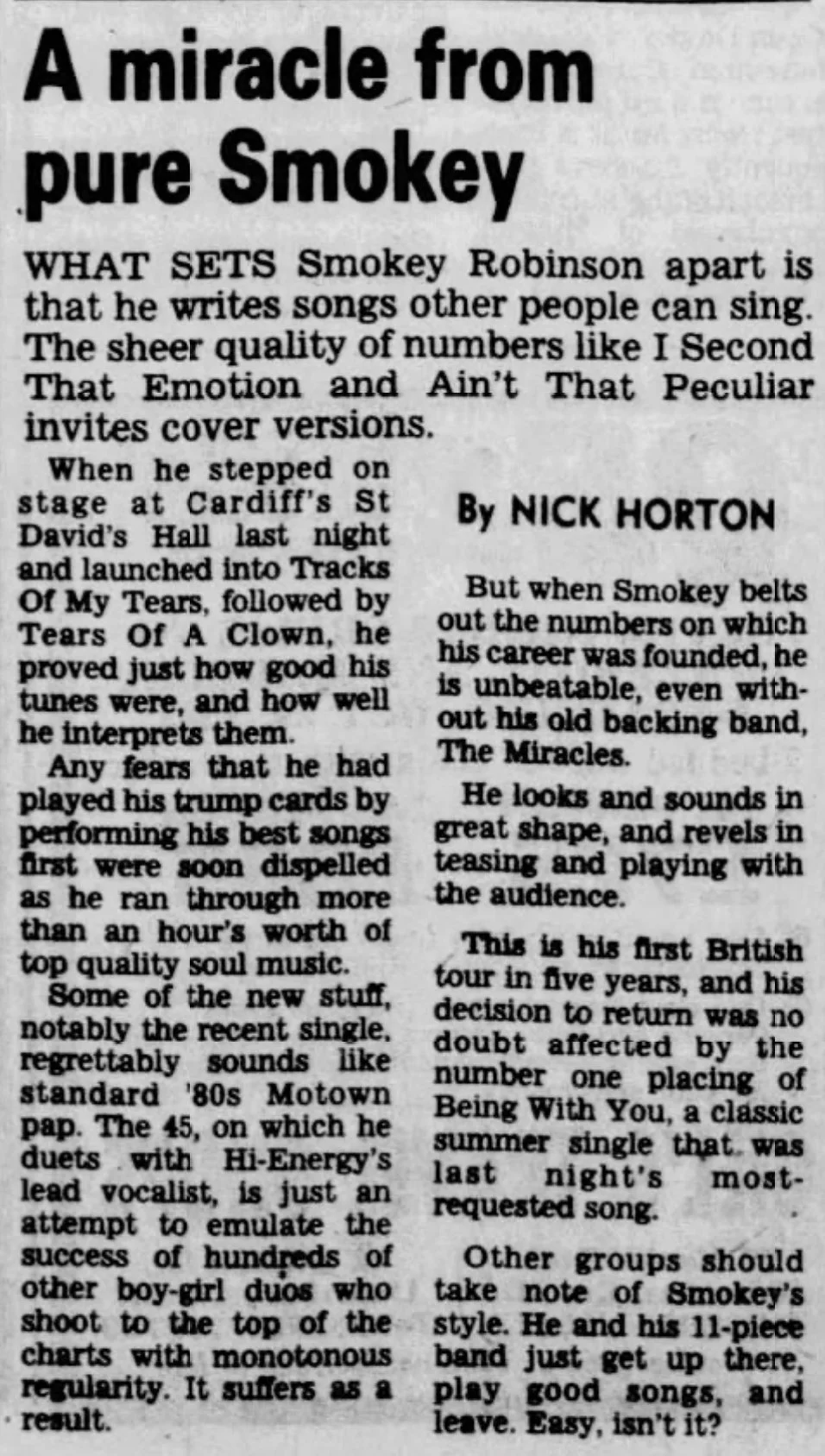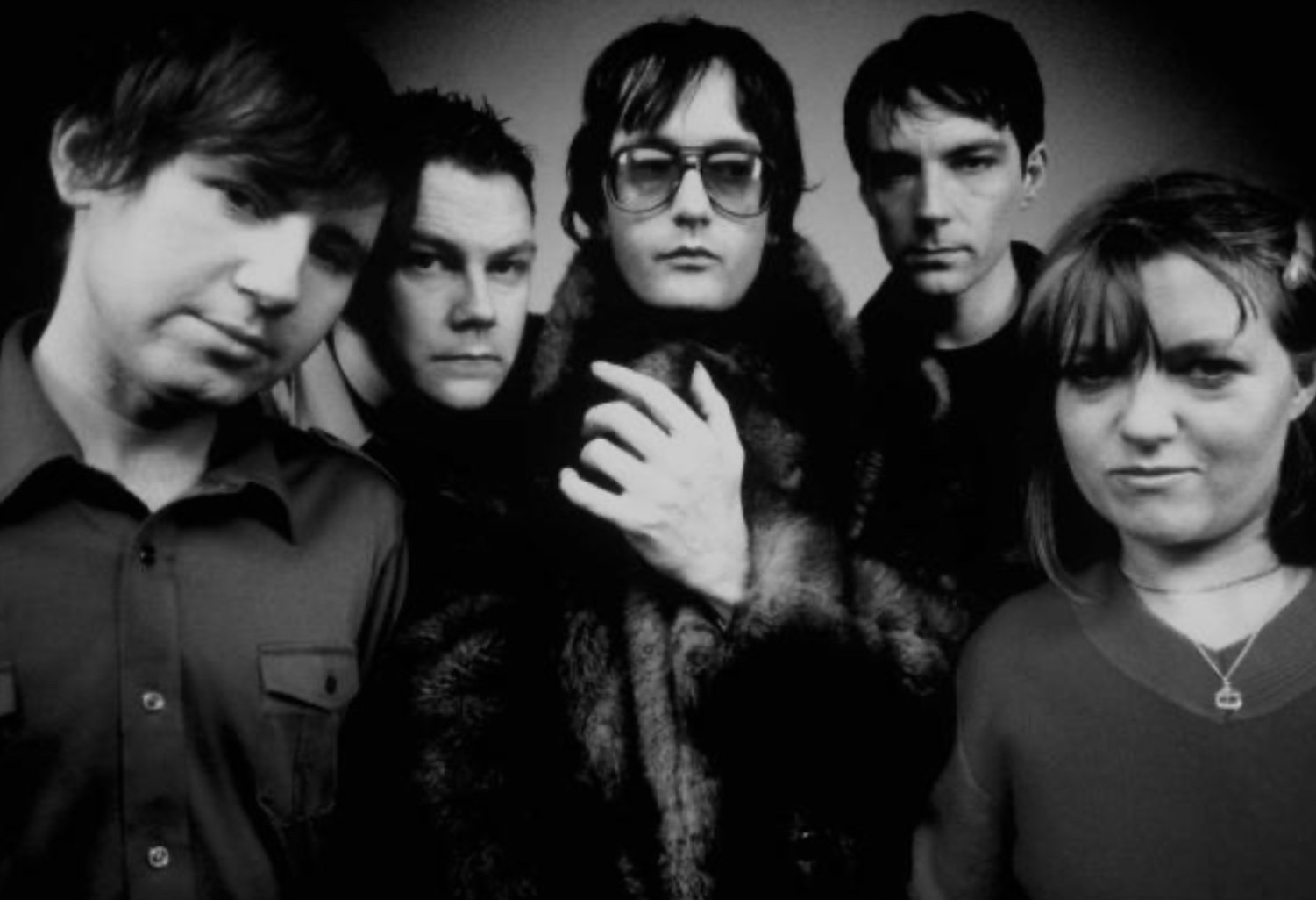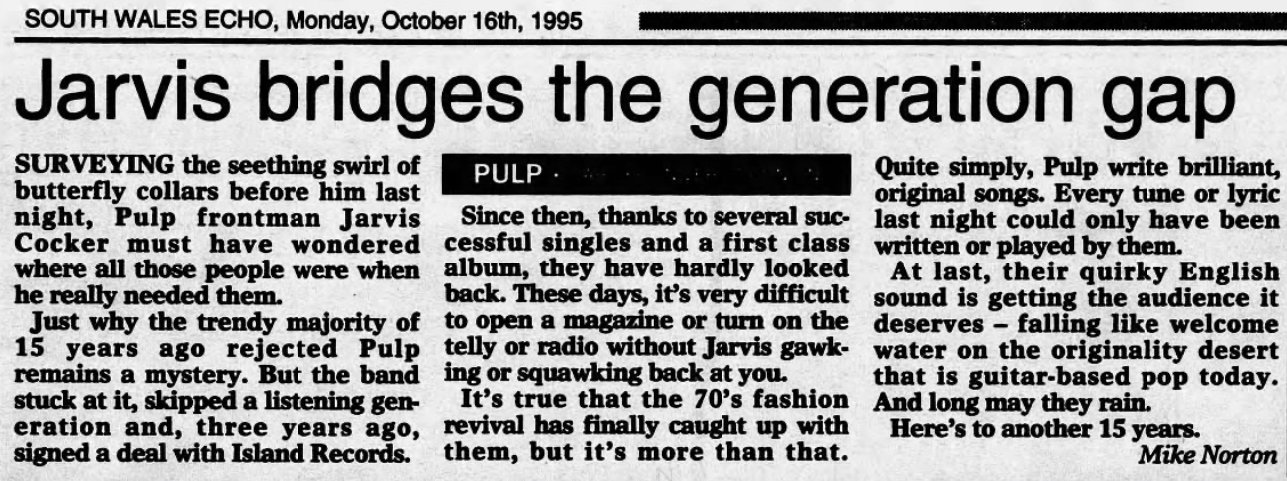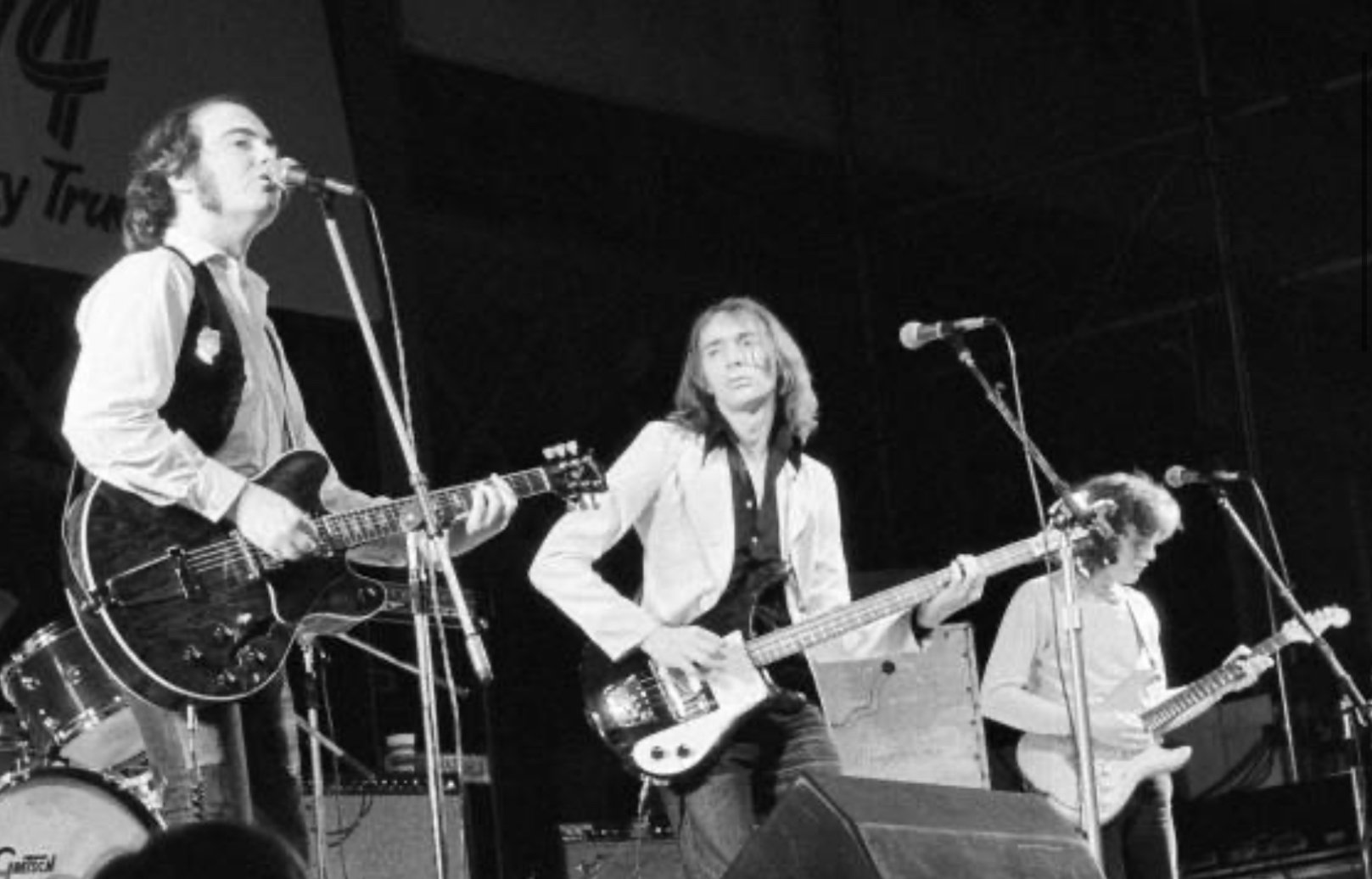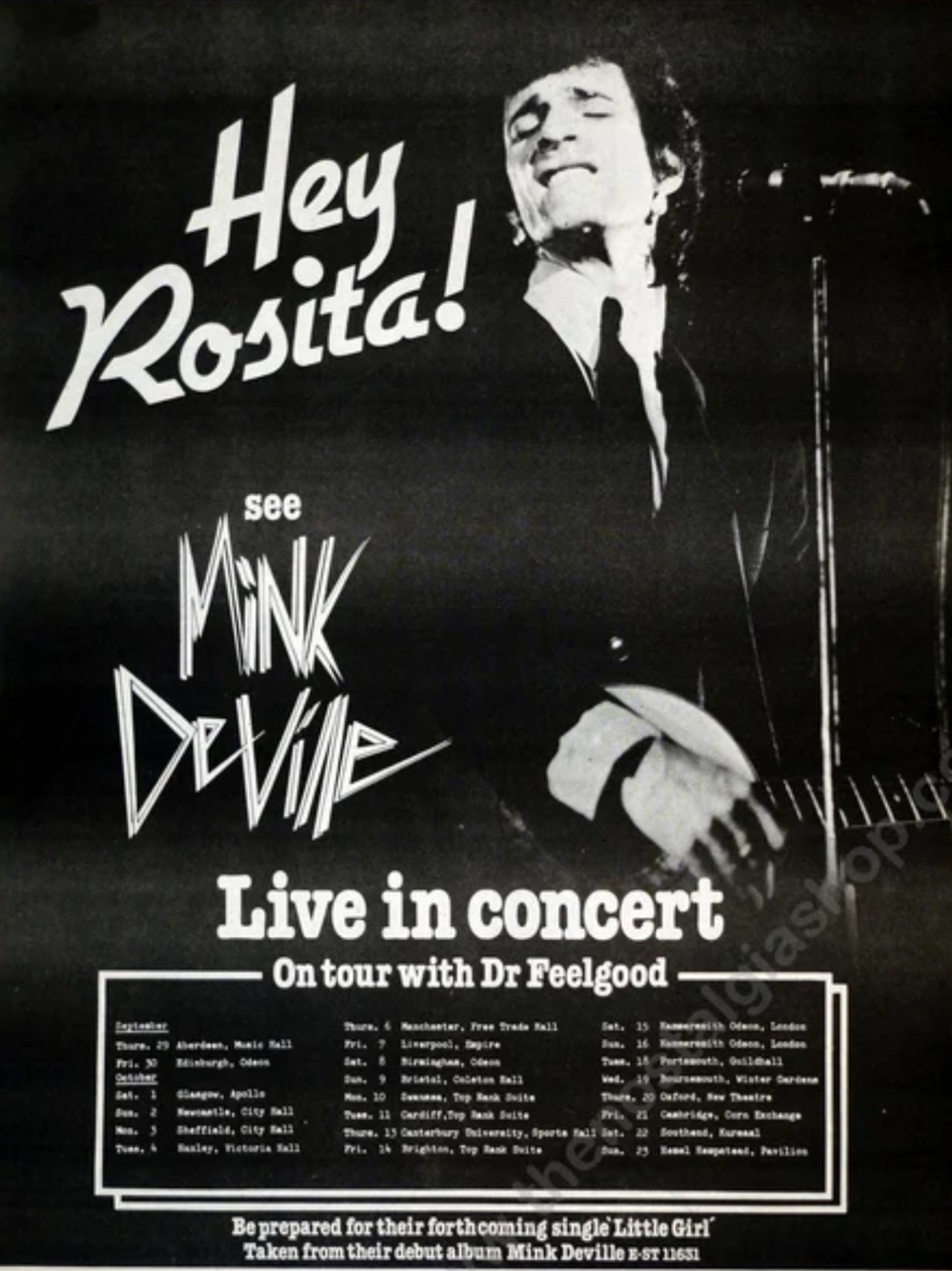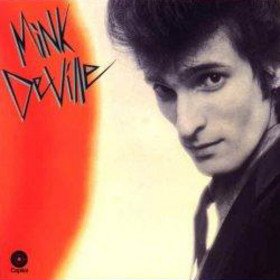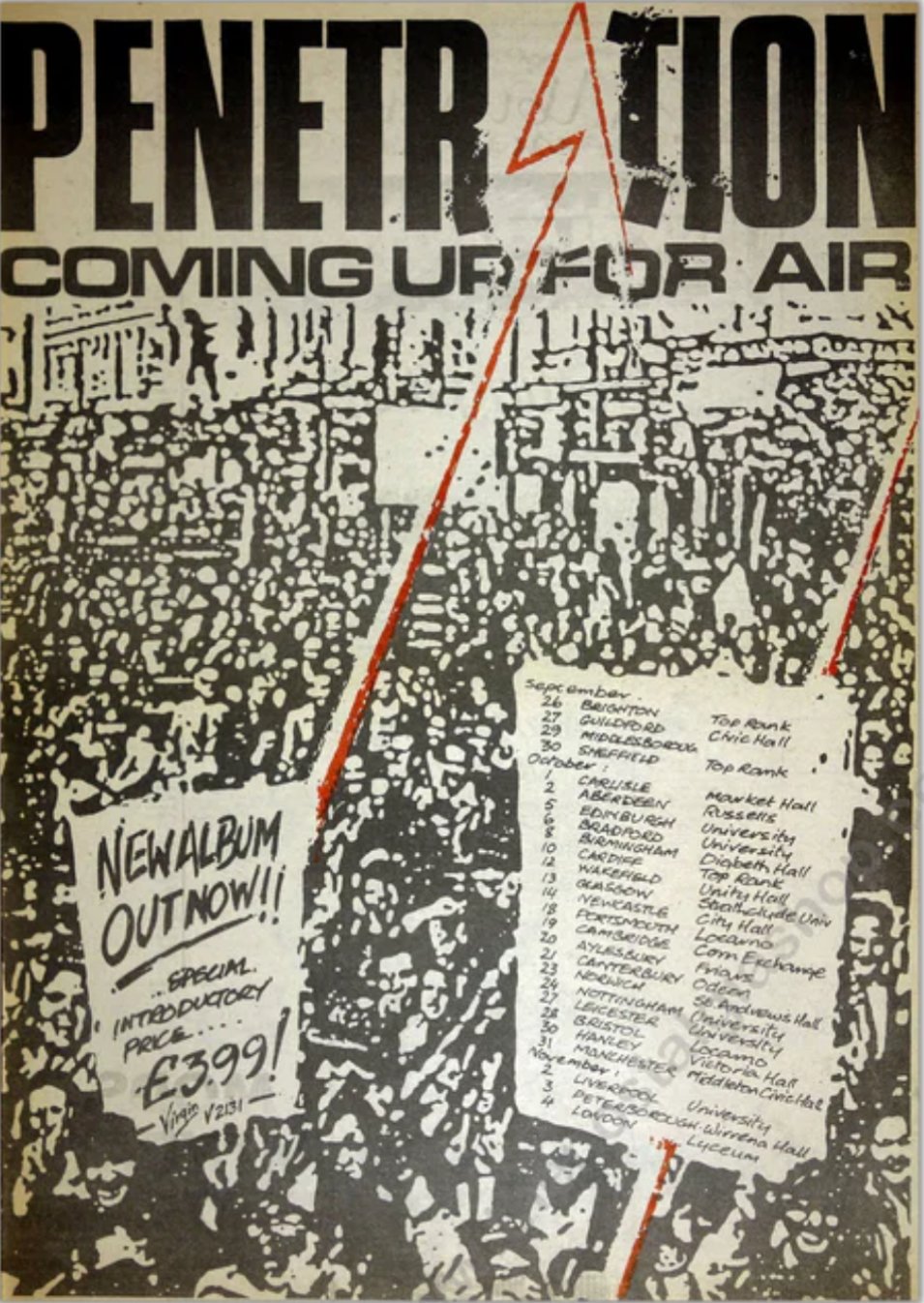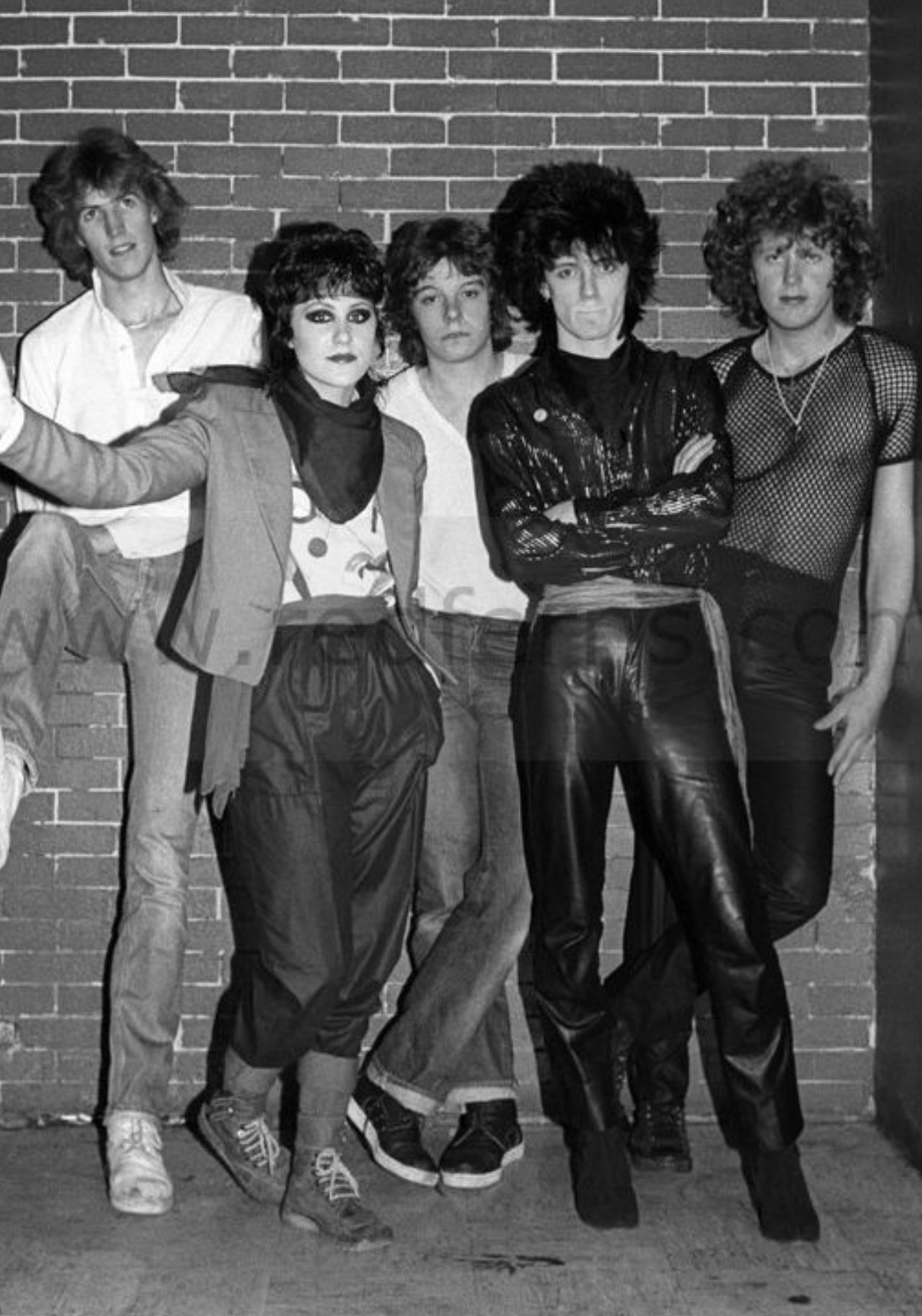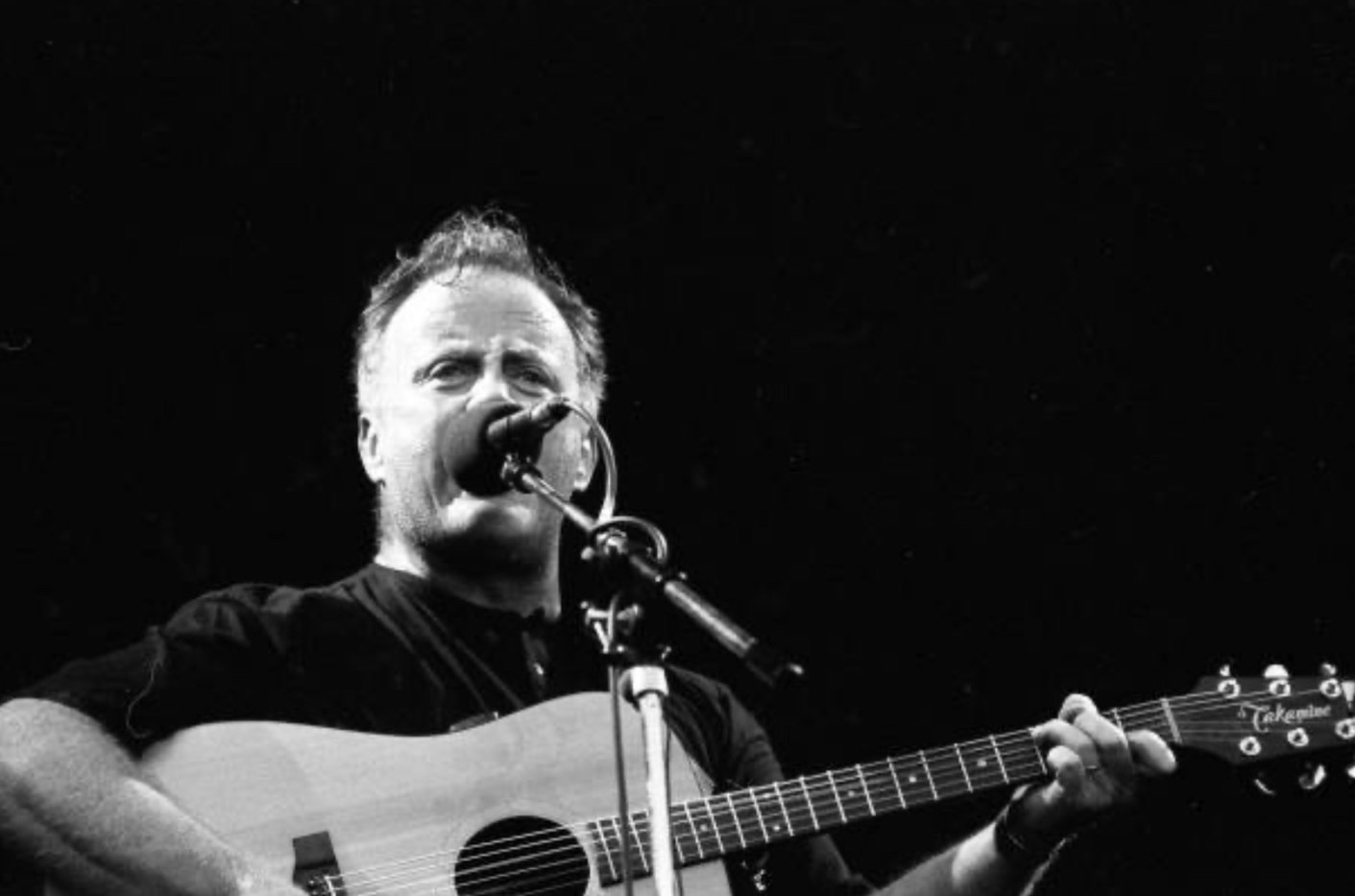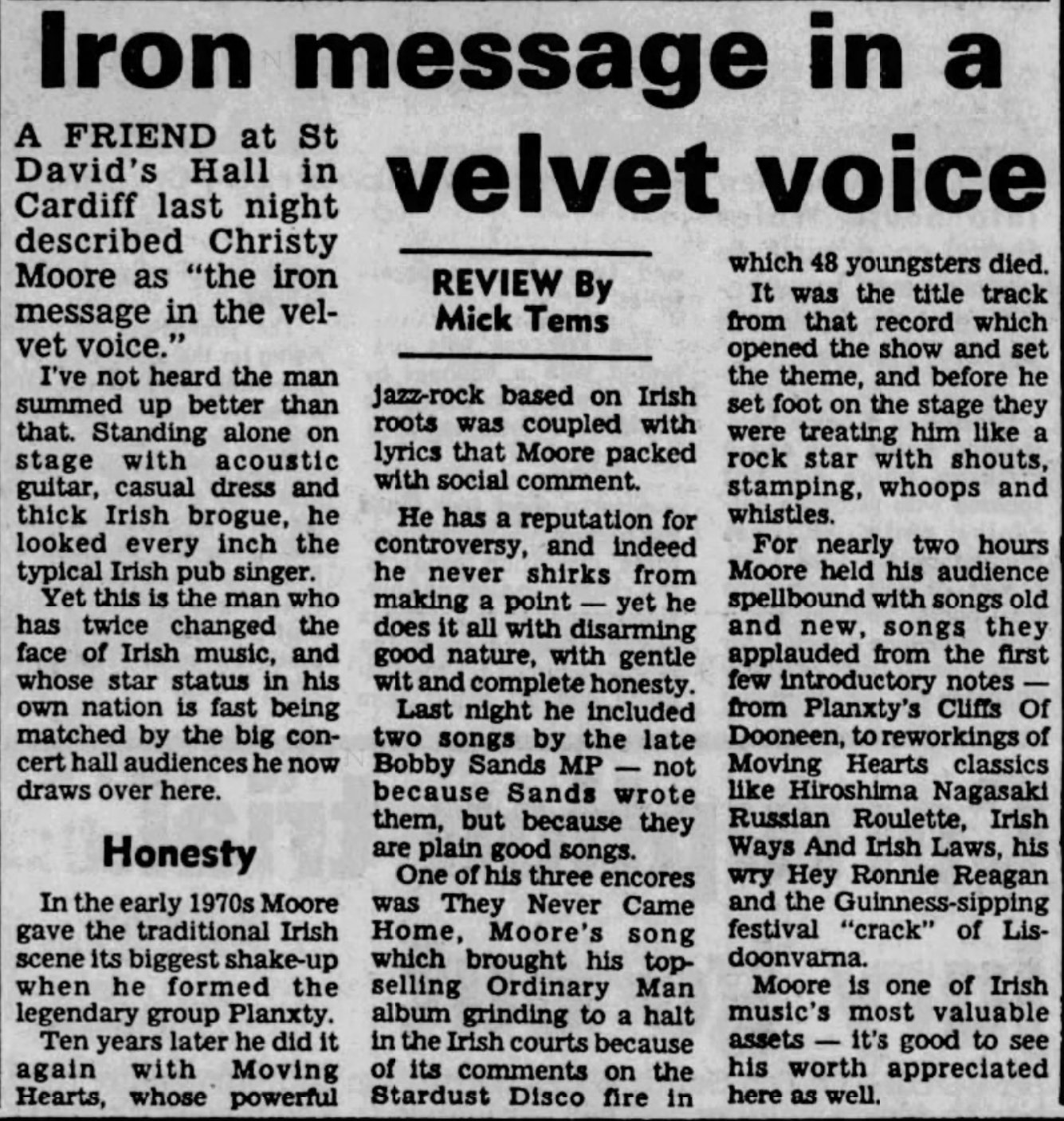Images may be subject to copyright
On this day, 16 October 1983, American soul legend Smokey Robinson played Cardiff’s St David’s Hall.
He was the founder and frontman of the pioneering Motown vocal group the Miracles, for which he was also chief songwriter and producer. He led the group from its 1955 origins, when they were called The Five Chimes, until 1972, when he retired from the group to focus on his role as Motown Records vice president. Robinson returned to the music industry as a solo artist the following year. He left Motown in 1999.
Robinson was inducted into the Rock and Roll Hall of Fame in 1987 and awarded the 2016 Library of Congress Gershwin Prize for his lifetime contributions to popular music. He is a double Hollywood Walk of Fame Inductee, as a solo artist (1983) and as a member of The Miracles (2009). In 2022, he was inducted into the Black Music & Entertainment Walk of Fame.
In 1981, Robinson topped the charts again with another sensual ballad, "Being with You", which was another number one hit in Cash Box and peaked at number two on the Billboard Hot 100. It also hit number one in the UK Singles Chart, becoming his most successful single to date.
The Gold-plus parent album sparked a partnership with George Tobin and with Tobin, Robinson released his next several Motown albums, Yes It's You Lady, which produced the hit "Tell Me Tomorrow", Touch the Sky and Essar. In 1983, Robinson teamed up with fellow Motown label mate Rick James recording the R&B ballad, "Ebony Eyes".
Review- South Wales Echo


